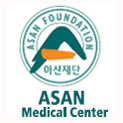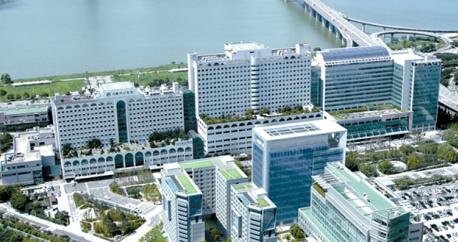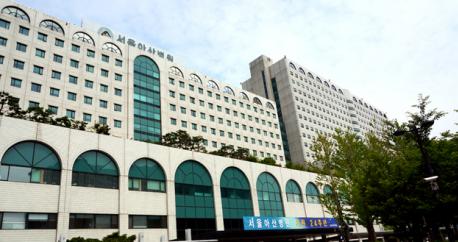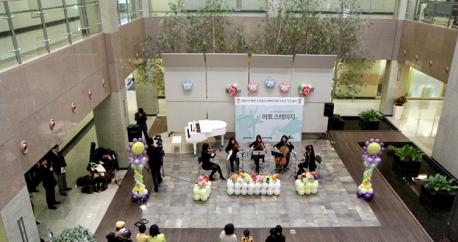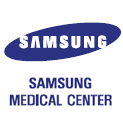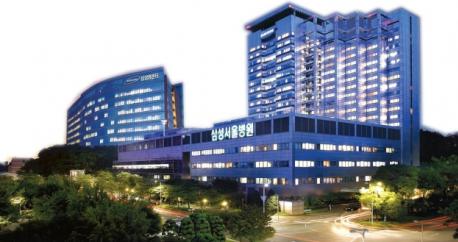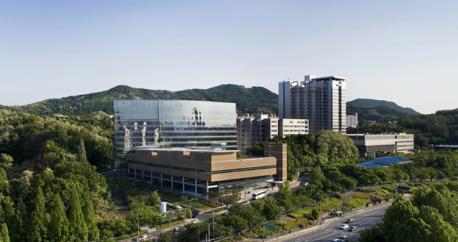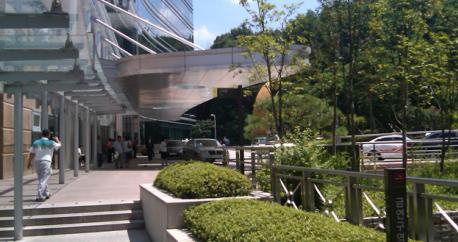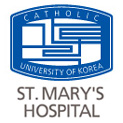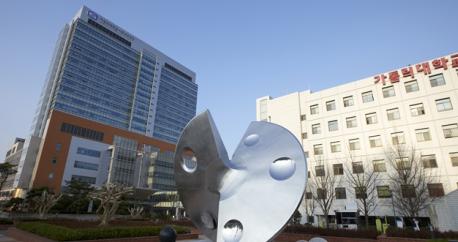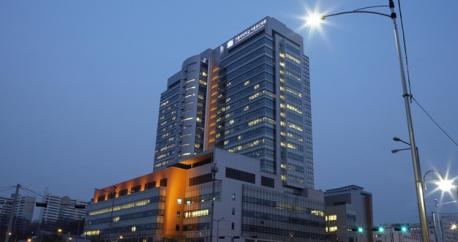Heart transplantation is a surgical procedure performed on patients with end-stage heart failure or severe coronary artery disease. A typical heart transplant begins when a suitable donor heart is identified. Working heart is taken out of recently deceased or brain dead organ donor and is implanted into the patient. The patient's own heart is either removed or left in place to support the donor heart.
Medical Condition subject to Heart Transplantation
- Terminal Cardiomyopathy(Dilated Cardiomyopathy, Hypertrophic Cardiomyopathy, etc.)
- Terminal Coronary Artery Diseases
- Complex Cardiamorphia
- Myocardial Hyperfunction caused by Severe Valvular Heart Disease
- Tissue Rejection after Heart Transplantation: Acute and Chronic Rejection Reactions
- Secondary heart damages caused by other heart tumors or drug action.
Heart Donor
It is only possible to donate the heart when the patient is in the state of brain death and only the subjects that have maintained healthy heart functions before death can be selected as subjects. Patients with hypertension, valve diseases, infections for major bacteria and cancer are excluded from the donor list.
Surgical Procedures for Heart Transplantation
- 1. Carry out basic tests required for the surgery of Heart Transplantation
Heart Inspection(angiocardiography) as well as blood test, urine test, gastroenteric and lung function examinations are performed. - 2. Register at organ transplantation center and wait for transplantation
When the patient’s contact number changes or there is abnormality in the heart conditions during the wait, they should contact the office immediately. - 3. Examine the donors (brain-dead patients) after Hospitalization
- 4. Carry out the Heart Transplantation after confirming results
- 5. Recuperation Process
Patients are placed in the intensive care unit for 3~5 days to receive intensive care to examine the state of heart and the overall physical conditions and in accordance with the improvement in condition, they are moved to regular care to go through the recuperation process. Patients are hospitalized for about 1 month and this is the period to intensively observe whether the new heart is working well inside the body and therefore, various examinations including the rejection reaction test, ehabilitation treatment and education for transplantation patients as well as consultations are performed.
Rejective Reaction after Heart Transplantation
As the occurrence where the patient’s immune system recognizes the transplanted tissue or organ as the external matter for the immune system to destruct the transplanted tissue or organ with various methods. To prevent such rejection reactions or for the purpose of treatment, the patients take immune-suppressant.
Symptoms of the Rejection
- Fever above 37.5 degrees
- Fast pulse rate or irregular pulse
- Weight increase over 1Kg per day
- Cases of respiratory distress when climbing stairs over 1 floor
- Frequent exhaustion and lack of appetite
Infection after Heart Transplantation
Infections can easily occur since the immunosuppressant taken after the surgery reduces the defensive powers for bacteria. To avoid infections, the visitors and visiting times should be strictly restricted during the initial stages of surgery and in cases of the guardian caring for the patient, they must wash their hands thoroughly, wear masks and wear protective clothing. Patients must obey the following matters while checking upon the conditions for infections after leaving the hospital. Patients should strictly follow safety guideline;
- Make the habit of washing your hands.
- Maintain the mouth cleanly as possible.
- In cases of open wounds, thoroughly sterilize and observe. If the wound does not easily healed and get infected, visit the hospital for proper treatment.
- If possible, wear a mask when leaving the house.
- Do not directly touch children with infectious diseases(chickenpox, measles, cold, etc.), pets and plants.
- Avoid old books, newspapers or magazines for they might carry mold.
- Take sufficient amounts of rest.
- Maintain balanced dietary habits and nutritional status.
KMH Recommended Tips
Management after Heart Transplantation
- Regularly perform heart tissue examinations for diagnosing rejection reaction after heart transplant.
- All patients must take immune-suppressant to prevent the rejection from organ transplantations.
- Check for infectious symptoms after surgery and be well aware of prevention measures for infections.
- Avoid pulling or lifting heavy objects for 2 months after surgery and avoid exercises like push-ups.
- Start exercising with walking to gradually increase intensity and time without excessive movement.
- Take on low-sodium and low-fat dietary habits and avoid excessive intake of sugars.
- Since the patient is in state of receiving immunosuppressant treatment, they must take careful notice for 6 months of foods that can easily go bad after surgery.
